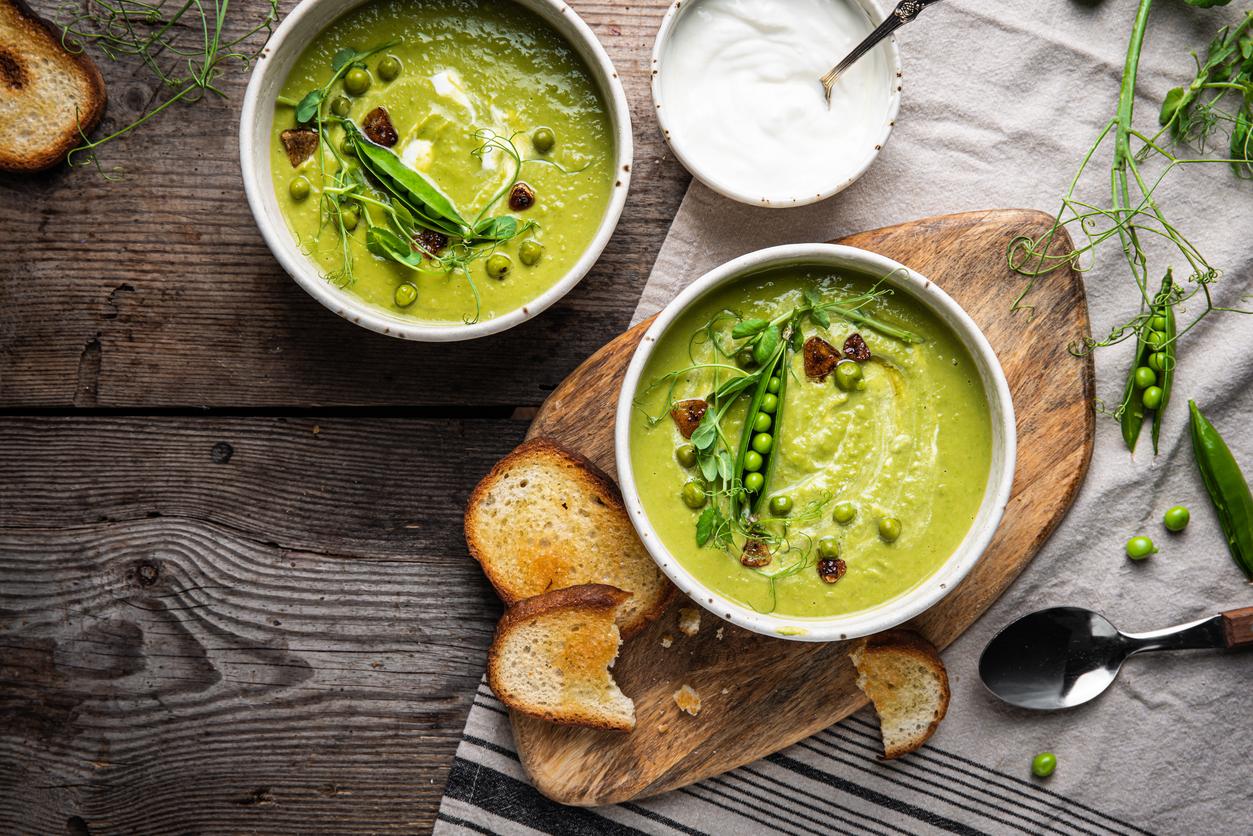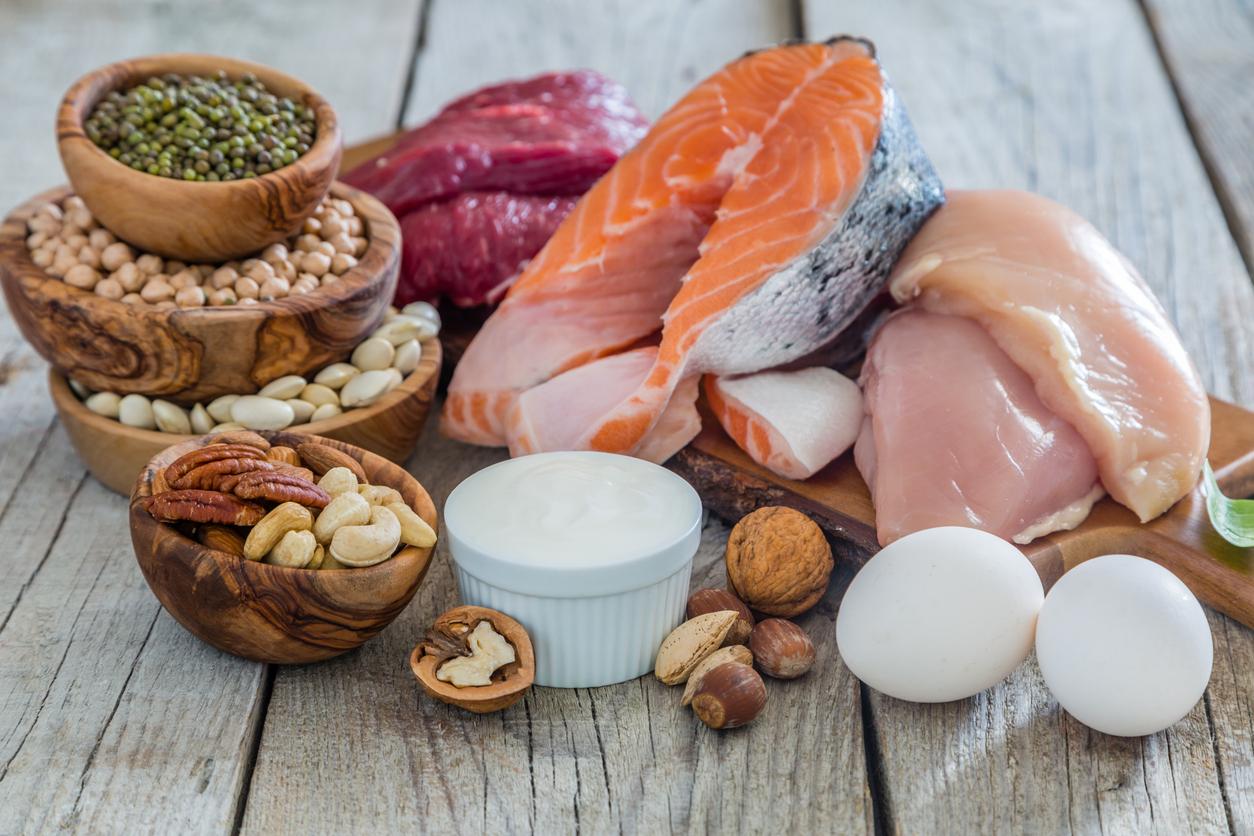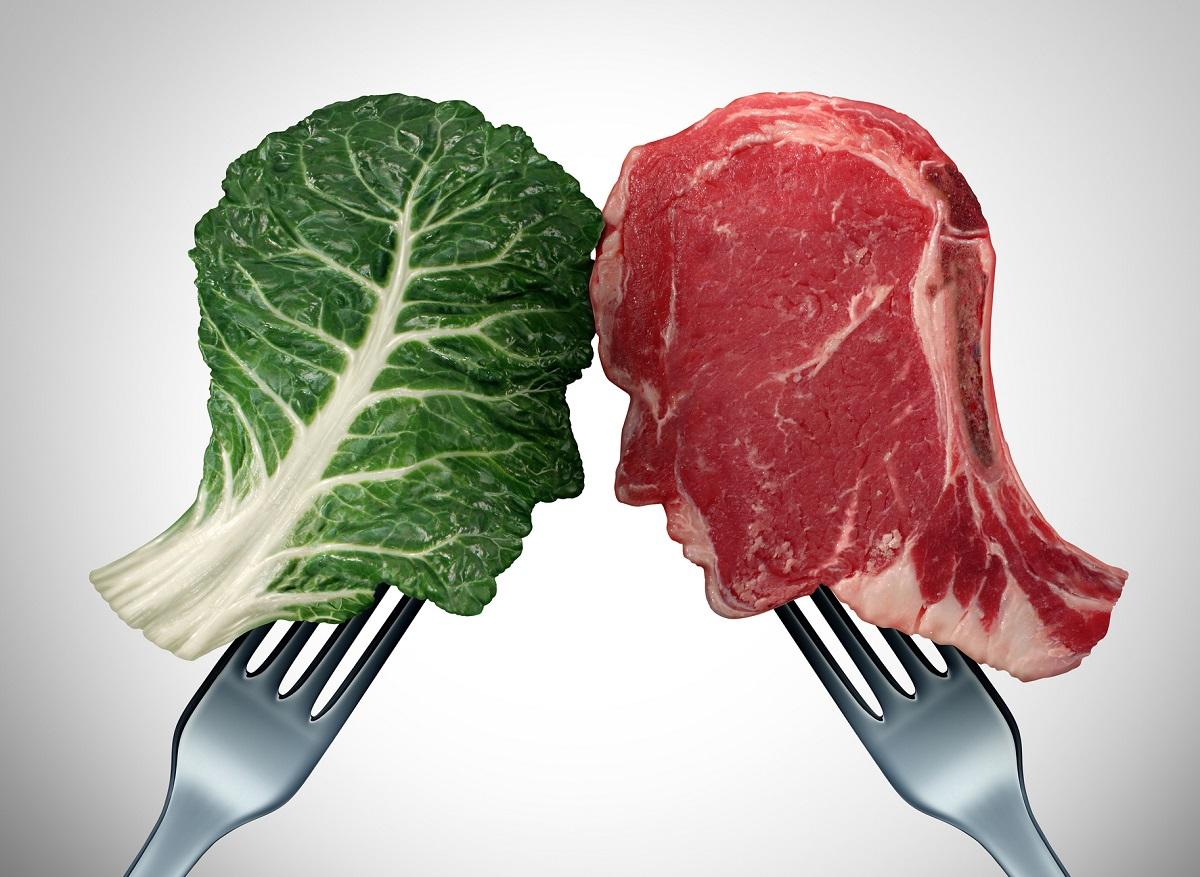
|
Near 250 experts from various backgrounds – nutrition, public health, economy, etc. – participated in the conference Championing Public Health Nutrition which took place in Ottawa on October 22-23, 2008. The event was organized by the Center for Science in the Public Interest1. The various specialists have expressed their priority in terms of nutrition in order toto improve and of protect the health of the population. |
OTTAWA (PasseportSanté.net) October 24, 2008 – We now know that the prevention of type 2 diabetes depends in large part on a healthy diet. And yet! Despite advanced scientific knowledge, the United States is in the throes of an unprecedented diabetes epidemic 2. Worse, life expectancy is declining in some of the poorest regions of the country.
“The links between obesity and type 2 diabetes are better documented today than those which link smoking and lung cancer,” explains Dr.r Walter Willett, director of the Department of Nutrition at Harvard University’s School of Public Health and a world leader in his field.
These findings are particularly promising since type 2 diabetes acts a bit like a sentinel. The risk factors that lead to this disease are the same ones that often cause cardiovascular disease and some cancers.
An uphill battle
“I always thought that if I did good science, it would lead to good policies and that public health would be better protected,” says Dr.r Willett. Today I realize that an article in the New England Journal of Medicine which clearly shows the links between soft drinks and diabetes, that is not enough. We must fight againstestablishment. And that’s quite a battle. “
The Dr Willett recalls that the first incriminating evidence against trans fats was obtained by scientists in the 1980s. However, it was not until 2003 that the Food and Drug Administration in the United States acted. This agency then officially recognized that trans fats were more harmful to health than natural saturated fats. She also demanded that the amount of trans fat be indicated on food labels. For more than 15 years, the Dr Willett and his colleagues had to fight relentlessly with government authorities and big industry.
Six priorities
For the Dr Willett, six priorities should now be put forward to protect public health, in the light of the latest scientific knowledge.
- 1. Reduce the consumption of sugary drinks (soft drinks and certain juices). They are clearly linked to overweight, obesity, type 2 diabetes and cardiovascular disease. In addition, it would be easier to forgo these drinks than foods that offer more satiety.
- 2. Reduce the amount of starch and refined sugars in food, increase that of whole grains. Currently, 30% to 40% of the North American diet is made up of starch and refined sugars. Not only are they not beneficial to our health, but they are also linked to diabetes and cardiovascular disease.
- 3. Reduce the amount of salt in food; it is also linked to cardiovascular disease.
- 4. Increase the consumption of fruits and vegetables. The Dr Willett warns about this. New scientific data does not clearly link their consumption to protection against cancer, as some would like to believe. However, it would offer some protection against cardiovascular disease.
- 5. Increase the consumption of omega-3 fatty acids. North America is blessed in this regard. Canola oil and soybean oil, which we find in abundance here, are rich in omega-3s. On the other hand, we should stop hydrogenating them since this process transforms them into trans fat.
- 6. Reduce portions. Consumers – and even nutritionists! – often tend to underestimate the number of calories in a meal.
Regulate or let it happen?
To move forward with these recommendations, Dr Willett believes that advertising aimed at children will have to be better supervised (the big company claims not to do such advertisements, but no one is fooled); better inform consumers through clear labels on products and in restaurants; tax more junk food; even ban, if necessary, certain ingredients. Denmark has already done this with trans fats.
Is it taking consumers for children to want to control what is on their plate? Are they not old enough to know what is good and bad for their health? “They may know it, but they are not acting on it, notes the D.r Willett. The problem with the current model is that every producer lives in a capitalist world. Its goal is to sell as many products as possible. Obviously, that encourages overconsumption. We sell anything to anyone. “
In jest, Walter Willett risks a comparison: “We have not sufficiently supervised the financial markets in the United States. Look at where we are today! “
|
To read the other news from our conference coverage Colors and numbers to make your life easier at the grocery store Endangered trans fat? A surcharge for fries, crisps, sweets … |
Dominique Forget – PasseportSanté.net
1. The Center for Science in the Public Interest is a non-profit organization that publishes Nutrition Action Healthletter. For more information: www.cspinet.org.

















